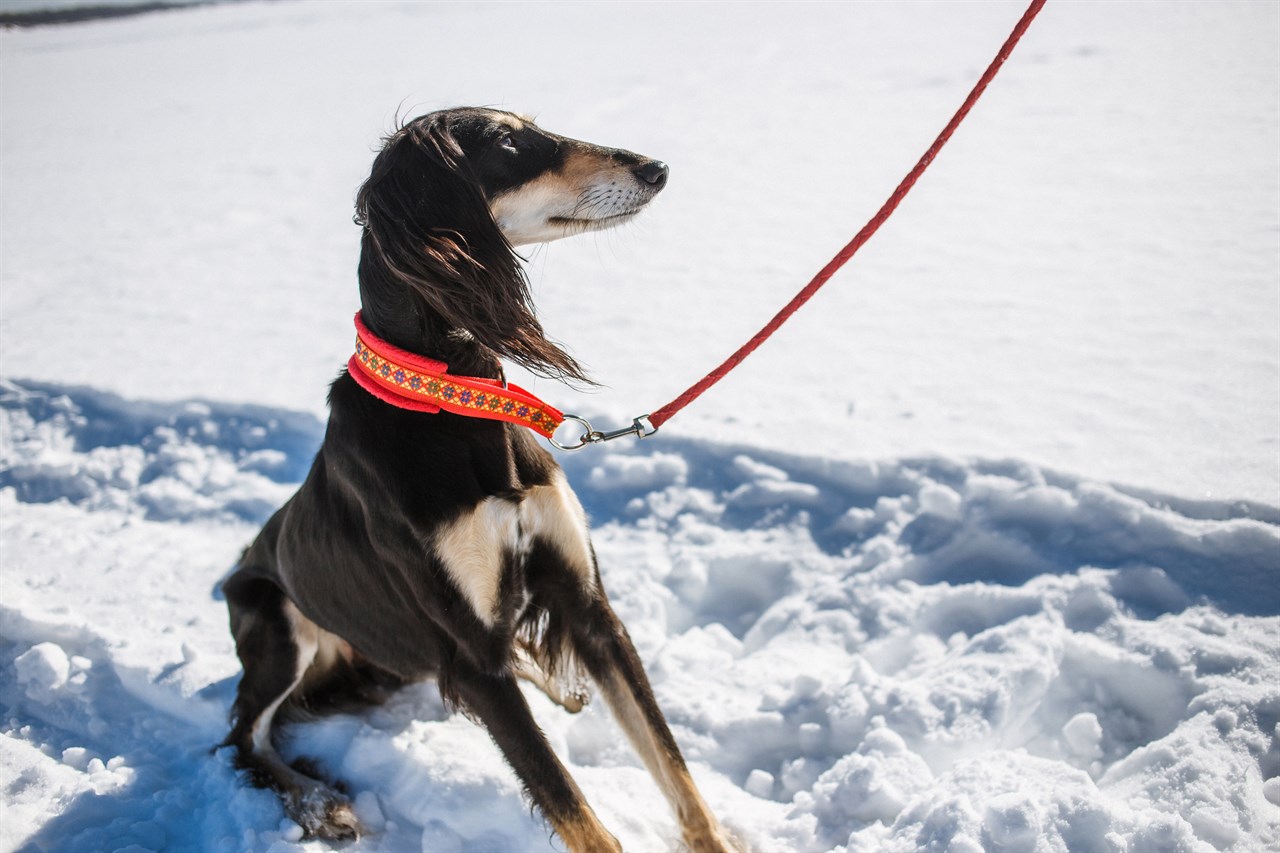Barking Habits of the Saluki: Quiet and Reserved

Salukis are known for their elegance and graceful demeanour, and this extends to their vocal habits as well. Unlike some other breeds that are prone to frequent barking or vocalisation, Salukis tend to be quieter and more reserved in their vocal expressions. Here's an overview of their barking habits.
Do Saluki dogs bark?
Salukis are generally not known for being prolific barkers. They are not naturally inclined to bark excessively at every sound or movement. Instead, they are often described as quiet dogs, and their barking tendencies are relatively minimal compared to many other breeds.
Are Saluki dogs vocal?
While Salukis are not typically vocal in the same way that some breeds, like Terriers or Beagles, might be, they can still make sounds when they have a reason to do so. Some common reasons Salukis may vocalise include:
- Alerting to Intruders: Salukis can be alert and protective of their home and family. If they sense something unusual or perceive a potential threat, they may bark or growl to alert their owners.
- Playfulness: Salukis can engage in playful vocalisations, such as barks and "talking" noises, when they are excited or engaged in play with their human companions or other dogs.
- Communication: While not excessively vocal, Salukis do communicate with their owners through other means, such as body language, whining, or subtle vocalisations, to express their needs or desires.
- Expressing Discomfort: Salukis may use vocalisations to convey discomfort or distress, such as when they are in pain, anxious, or feeling unwell.
- Howling: On occasion, Salukis may howl, especially if they hear sirens, other dogs howling, or if they are part of a pack that engages in howling.
It's important to note that individual Salukis may have varying levels of vocalisation, and some may be quieter or more reserved than others. Additionally, their upbringing, socialisation, and training can also influence their vocal habits. Proper training and positive reinforcement can help shape their behaviour and reduce any undesirable vocalisations, if necessary.
In summary, while Salukis are not typically known for excessive barking, they are not entirely silent dogs. They can vocalise for various reasons, including alerting their owners, expressing playfulness, and communicating their needs. Understanding your Saluki's unique vocal tendencies and providing appropriate training and socialisation will help ensure a harmonious relationship between you and your canine companion.